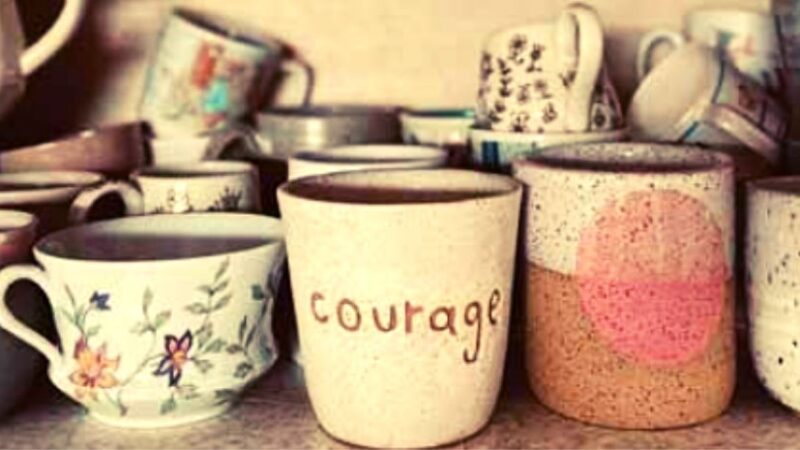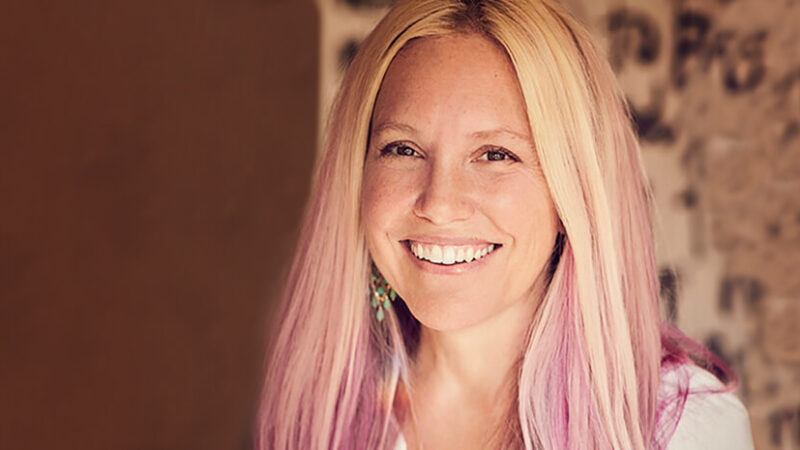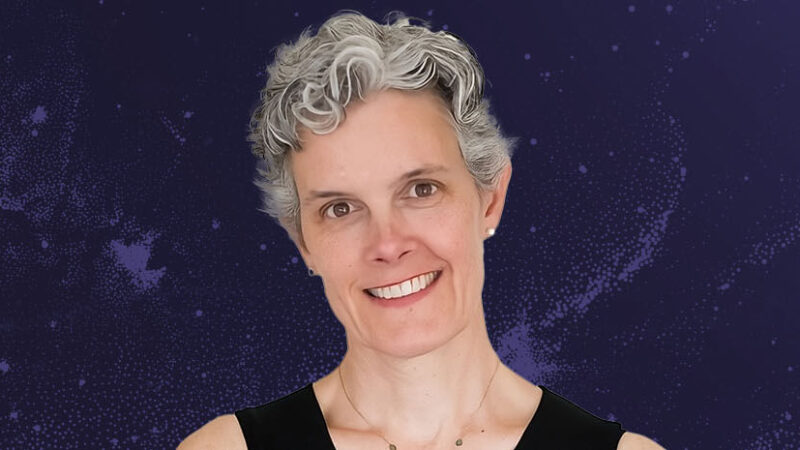Hello gorgeous community of amazing human beings,
For the last 15 years, I have been cooking up this question:
What does it look like to nourish YOU?
Let’s drop everything we might think this is
and everything you didn’t get done today
and bring our collective shoulders down from the sky.
Let’s take a minute here. We are just getting started, yet I feel we need to slow down. Will you take a deep breath with me? Thank you for being here with me. Thank you for breathing. There is nothing to do here.
You can bring your awareness to your breath with an inhale through your nose. Open your mouth slightly and exhale with a HAAAAAAAAA sound. It feels so good to drop everything and breathe. Me too. To let go, even a little, is a real lovefest for the heart and mind = heart mind.
It feels so good, can we do one more?
You can close your eyes this time if you want to—
I will be right here.
We are just getting here, together.
Now let me ask you again:
What does it look like to nourish YOU?
What if I told you that your kitchen is a place of stories, mothers, grandmothers, imprints, and emotional weather patterns that shaped how you live now? It is also a place to deeply nourish yourself and cook up the life you have been longing to live.
Your kitchen (yes your kitchen!) is a fierce, unconditionally loving mother holding what is ripe and ready to become inside of YOU. Who would have thought that you can heal your life in your kitchen? I did! And now you can.
I am excited to share my new book: The Kitchen Healer: The Journey to Becoming You.
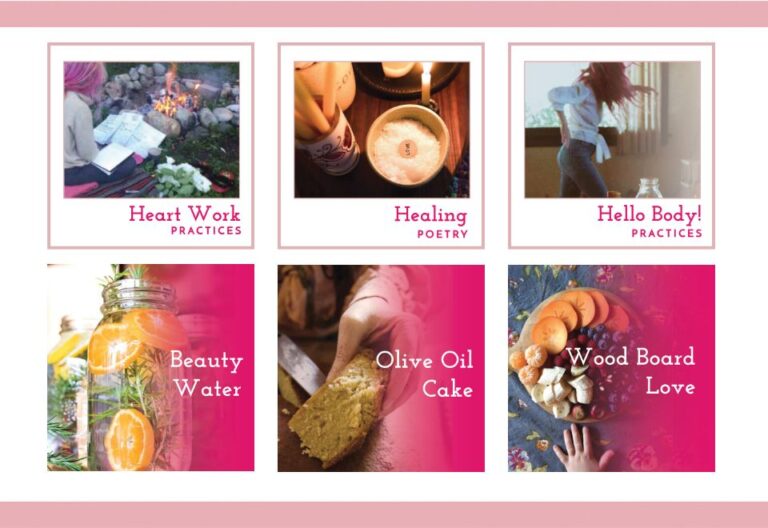
It invites you to bring your entire body into the kitchen, put your shame into the fire, offer your grief to the soup—allowing all you have been hungry for to begin to feed YOU. As you turn on the fire, you will come home to yourself. You will make the room you need, to hear and see and feel the stories you have been carrying.
You will begin, again and again, to become YOU.
Welcome home.
In loving service to your courage, your kitchen healer,
x x x x jules
Jules Blaine Davis, the Kitchen Healer, is a TED speaker and one of Goop’s leading experts on women’s healing. She has led transformational gatherings, retreats, and a private practice for over fifteen years. She has facilitated deeply nourishing experiences at OWN and on retreat with Oprah Winfrey, among many other miracles. Jules is a pioneer in her field, inviting women to awaken and rewrite the stories they have been carrying for far too long in their day-to-day lives. She is cooking up a movement to inspire and support women to discover who they are becoming.
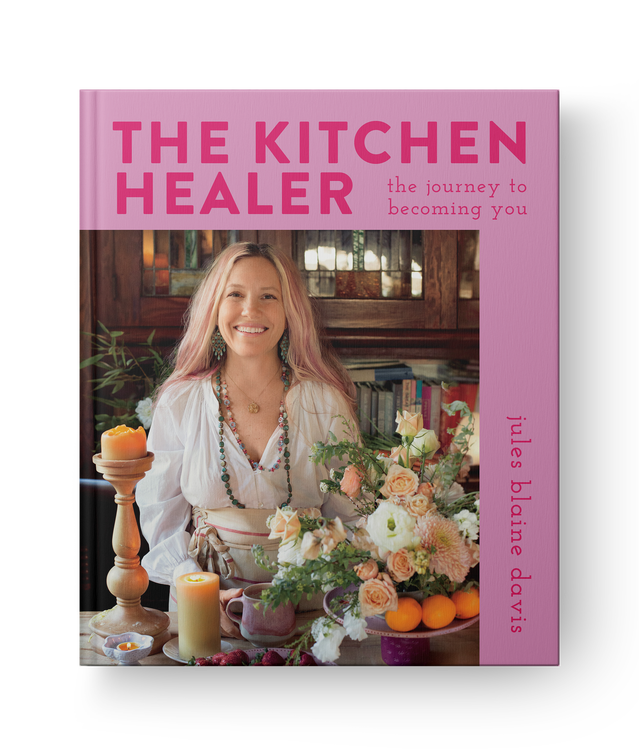
Learn More
Amazon | Barnes & Noble | IndieBound | Bookshop | Sounds True


